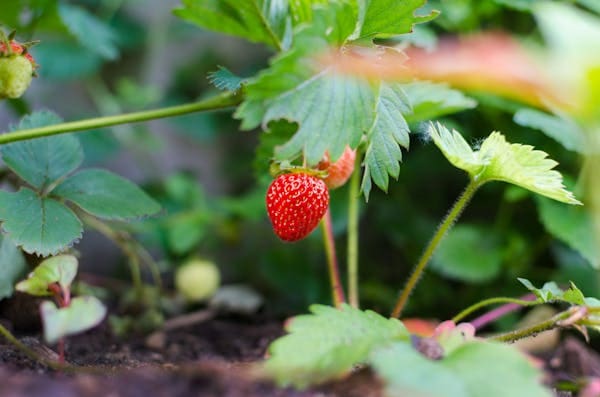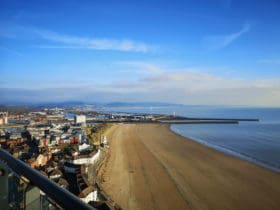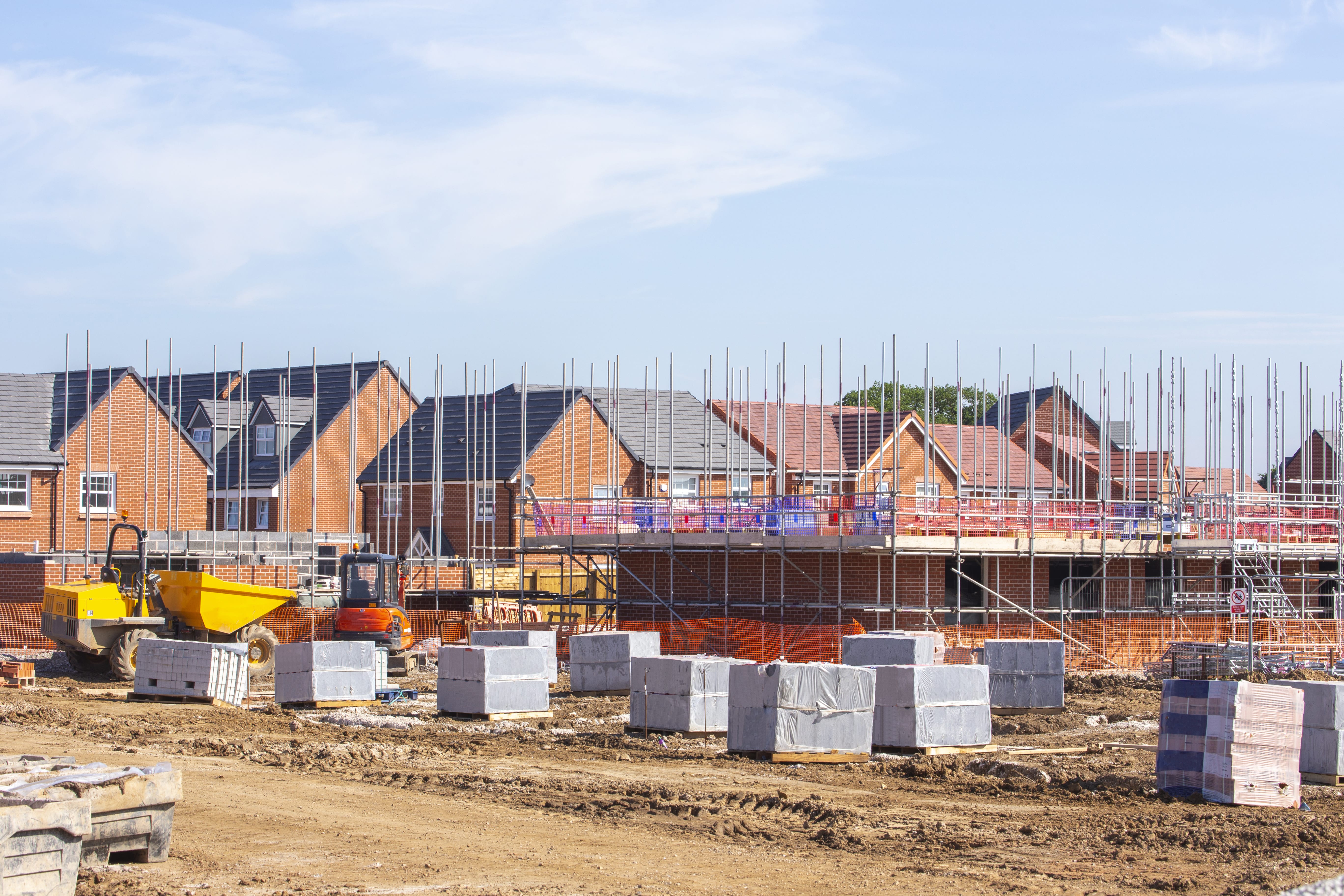People are always overwhelmed by the list of dos and don’ts of organic gardening and end up ruining it all. Growing a garden is intricate when you have to provide continuous pre- and post-planting care to help your plants thrive. However, knowing what you must do makes everything streamlined and straightforward. You can hire gardeningservicesgardeners.co.uk to help with your organic garden. For DYing, this blog post is your beginner’s guide to starting organic gardening and growing a sustainable garden like a pro. Let’s take our planned first step to organic farming.
Importance of Organic Gardening
Organic gardening started to make sense when we figured out that human health defects and climate change can be attributed to the elements found or emitted by the chemicals used in traditional gardening practices, such as pesticides, herbicides, fertilizers, etc. Whether it is greenhouse gas and carbon emissions or toxic chemicals in our food chain, all these threats have highlighted the importance of switching to eco-friendly gardening practices to reduce human activities’ negative impacts further.
Things Every Organic Gardener Needs to Know
Organic gardening is not about bluntly digging up the soil and planting the first seed you got from the market. Here are a few things you need to know beforehand to increase the success of your gardening practices and avoid some expensive mistakes.
-
Know About the Organic Gardening Practices
Organic gardening is not limited to inhibiting the use of chemical fertilizers. To be an organic gardener, you must switch all garden-related practices to eco-friendly ones. I won’t go to the list of don’ts, as there are many online lists.
In organic gardening practices, you have to eliminate each component or practice that can directly or indirectly threaten the integrity of our environment and animal health on the earth. Create a sustainable layout of the plants that will attract wildlife and optimize plant growth.
-
Understand the Seed Types
Everyone is stressed about planting organic seeds in the garden, but what are organic seeds? The simplest definition is that all seeds sourced from organically grown plants are never chemically treated with inorganic elements. If your seeds fit this definition, you can plant them in your organic garden.
Whether these are open-pollinated, hybrid, or heirloom seeds, they can all be organic. When sourcing your seeds, check with your local nurseries or well-reputed organic planters for their organic practices. GMO seeds are genetically engineered in the labs and have their concerns. Avoid them for your garden.
-
Identify your Planting Region
Start your organic gardening venture by knowing your area’s gardening region. Your planting zone decides which plants can survive in your region based on climate and seasonal changes. Bringing exotic plants to your locality is a big no in organic farming due to their additional demands for natural resources.
This thing overburdened the earth instead of doing any good. Hence, learn about the plant varieties that can sustain themselves in your environment or, in short, are native to your area. You can search it online or visit your local gardening experts to choose the right plants.
-
Explore Localized Climate Zones
When choosing the plants for your garden, looking for microclimate zones within a climate zone would be best. The region in which your garden site is located can be a few degrees hotter or colder than the average climate, directly deciding your growing season in a year.
Sometimes, people also tend to alter their climate zone by building a greenhouse or similar setup over their garden to increase the growing season for more plants around the year. Understand your microclimate to find the changes you can make to your plant list for gardening.
-
Get Started with Organic Gardening
Once you know about genuinely organic practices and have made tricky decisions, like choosing the seeds to plant in your garden, you can get started growing your organic garden in your home. Create a layout for your land and plant your seeds to grow an eco-friendly garden.
However, things are still as easy as they sound. You may get confused or wronged about making many organic farming decisions that can create havoc and cost you a lot more to reset your garden. If you are new to organic gardening, we suggest you hire a professional to take care of everything from the start. Visit website for assistance.
Conclusion
The above tips are the ultimate guide for preparing yourself to grow an organic garden. Learn about the necessary things before you step in. Choose the right seeds according to the microclimates within your average climate zone, and proceed with your new gardening venture.









Leave a Reply
View Comments